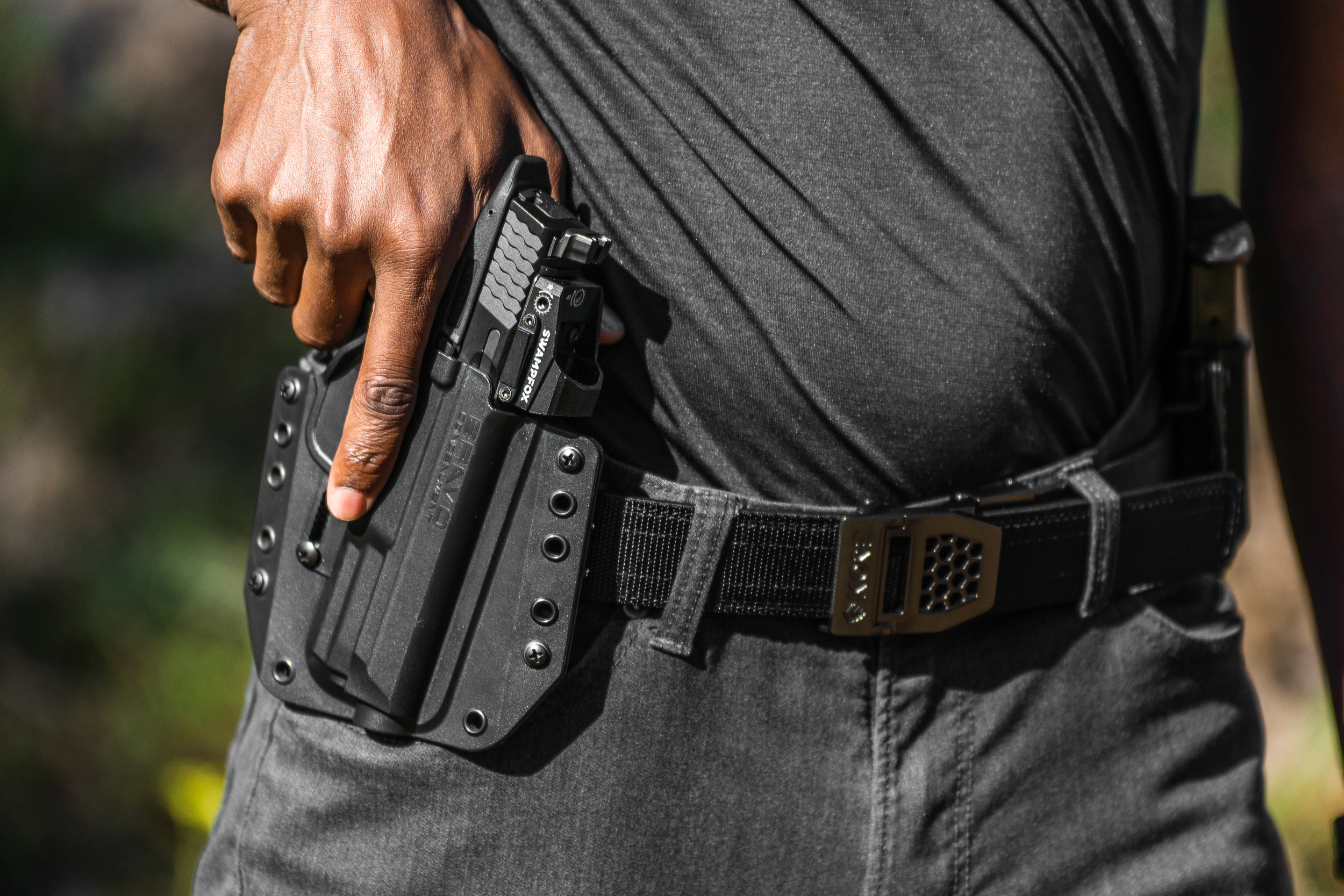Navigating Wills, Trusts, and Legal Considerations
In the realm of estate planning, firearms present unique challenges that require careful navigation. Unlike other personal property, firearms are subject to a complex web of federal and state regulations, making their transfer upon death a matter that demands specialized attention. Understanding the legal intricacies involved is crucial to ensure that your firearms are passed on responsibly and lawfully.
Understanding the Legal Landscape
Firearms are not just personal belongings; they are items regulated by laws that vary significantly across jurisdictions. Transferring ownership without adhering to these laws can lead to severe legal consequences for both the giver and the recipient. It’s essential to recognize that what works for other assets in your estate plan may not be suitable for firearms.
The Role of Gun Trusts
One effective tool in managing the transfer of firearms is the establishment of a gun trust. A gun trust is a legal entity designed specifically to hold ownership of firearms, particularly those regulated under the National Firearms Act (NFA), such as suppressors or short-barreled rifles. By placing firearms into a trust, you can facilitate smoother transitions, ensure compliance with laws, and provide clear instructions for future handling.
Benefits of a Gun Trust
-
Legal Compliance: Ensures that all transfers and ownership comply with federal and state laws.
-
Privacy: Unlike wills, trusts do not go through probate, keeping the details of your firearms and beneficiaries private.
-
Flexibility: Allows for multiple trustees, enabling others to legally possess and use the firearms held in the trust.
-
Continuity: Provides a clear plan for the management and distribution of firearms upon the death or incapacity of the original owner.
Potential Pitfalls Without Proper Planning
Failing to address firearms in your estate plan can lead to unintended consequences:
-
Legal Violations: Heirs may unknowingly violate laws by possessing or transferring firearms illegally.
-
Confiscation: Improperly transferred firearms may be subject to seizure by authorities.
-
Family Disputes: Ambiguities in your intentions can lead to conflicts among heirs.
Steps to Take
-
Inventory Your Firearms: Document all firearms you own, including make, model, and serial numbers.
-
Consult Legal Experts: Work with attorneys experienced in firearms law to understand the best options for your situation.
-
Establish a Gun Trust: If appropriate, set up a trust to manage the ownership and transfer of your firearms.
-
Communicate with Heirs: Ensure that your beneficiaries are aware of your plans and understand their responsibilities.
Conclusion
Incorporating firearms into your estate plan is not just about asset distribution; it’s about ensuring that your legacy is preserved and that your loved ones are protected from legal complications. By proactively addressing the unique considerations of firearms ownership, you can provide clarity and security for your heirs.

